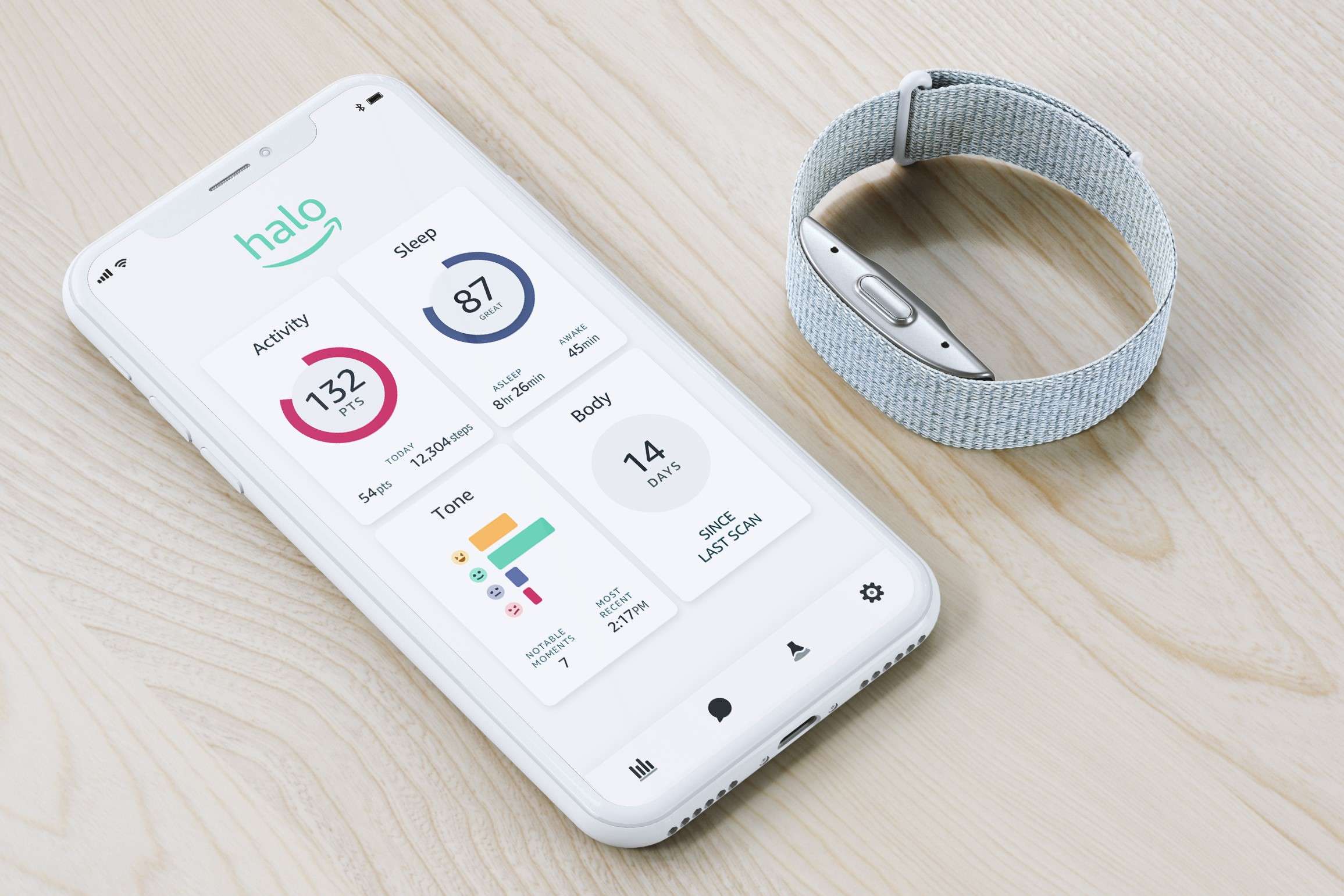The one good thing you can say about bigger tech companies abandoning failed products? They’re embarrassed enough to offer a full refund to those naive enough to think they might support offer long-term support.
Microsoft did it with people who bought the unimaginatively named Microsoft Band, Google did it for chumps who bought into Stadia and now Amazon is doing it with people who backed its Halo fitness products.
Amazon Halo was comprised of a subscription service and three physical products, all of which will become landfill fodder later this year.
There’s the original screenless Halo fitness band, which combined conventional fitness features with two thoroughly creepy extras: fat analysis via 3D body scans and judgement of your tone of voice via a microphone. This oddball accessory was followed by the more conventional Halo View.
Finally, there’s was Halo Rise: an alarm clock with sensors to watch you sleep and analyse your form in a not-at-all creepy manner. Only released last November, its barely had time to bed in, if you’ll excuse the pun.
In fact, all three were released in the last three years, but all will become obsolete on August 1 when Amazon turns off the software.
“Beginning on August 1, 2023, Amazon Halo devices, and the Amazon Halo app, will no longer function,” the company writes. If you want your health data, you have to download it before then.
“Amazon will fully refund purchase(s) made in the preceding 12 months of Amazon Halo View, Amazon Halo Band, Amazon Halo Rise, and Amazon Halo accessory bands,” the post adds. So buyers can do that, then go and reinvest in a company that might consider sticking the course.
Like much of the tech industry, Amazon is cutting back in the face of an economic downturn that has everyone tightening their boringly-non-smart belts.
“Halo has faced significant headwinds, including an increasingly crowded segment and an uncertain economic environment,” wrote Amazon’s VP of smart home and health, Melissa Cha, in an internal email seen by The Verge. Two things, incidentally, that Amazon could have definitely foreseen, given the first Halo band arrived in the midst of a global pandemic with dozens of competitors on its own virtual store shelves.
“Although our customers love many aspects of Halo, we must prioritise resources and maximise benefits to customers and the long-term health of the business.”
Halo never made it far beyond the United States, let alone as far away as New Zealand. But it’s a timely reminder that just because a company has enormous resources, it doesn’t mean they’ll use them to subsidise failing products.
That’s something worth remembering the next time Google, Apple, Amazon or Meta releases an exciting new product and you decide it might be fun to be a guinea pig.

